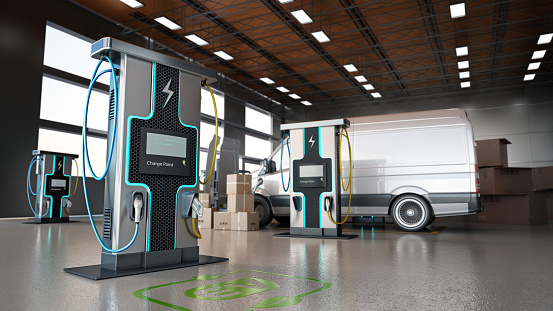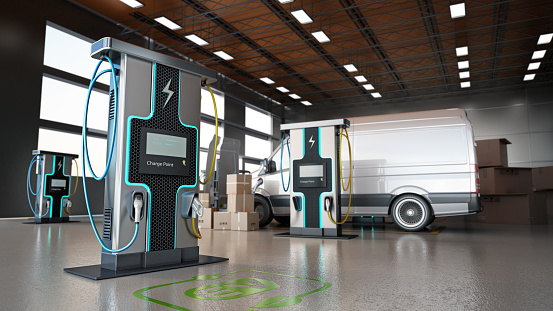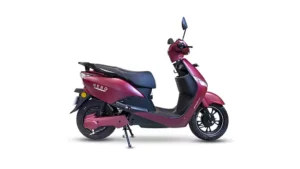
The adoption of Electric Vehicles (EVs) has been steadily transforming India’s automotive landscape, especially in the commercial sector.
With leading automotive manufacturers entering the market, the commercial EV segment has witnessed a surge of innovative and efficient models. Prominent players like Tata Tigor EV, Mahindra e-Verito, and Ashok Leyland eComet have sparked the market with compelling options.
However, before you select the best commercial electric vehicle to suit your needs, it’s essential to comprehend the government norms and regulations.
Are you contemplating a leap towards a greener future with a commercial electric vehicle in India? But does the labyrinth of government regulations seem overwhelming? This comprehensive guide will simplify the norms, streamline your journey, and illuminate your path to sustainable transportation.
Understanding the Government Norms for Electric Vehicles
The Indian government has taken significant strides in making EV regulations user-friendly and pro-environment.
These rules and regulations play a crucial role in advancing electric vehicles over their traditional counterparts. Here are some norms that EV owners must know about:
Vehicle Registration
To register a commercial EV, you need to provide proof of address and identity. Acceptable documents include:
Address Proof (any one of the following):
- Voter ID
- Aadhar Card
- Water Bill
- Bank statement
- Telephone Bill
- LIC policy
- Passport
Identity Proof (only one of these):
- Aadhar Card
- PAN Card
- Driving Licence
- Voter ID
Furthermore, all-electric vehicles require approval from the Automotive Research Association of India (ARAI).
Driver’s Licence Requirements
A valid driver’s licence is now compulsory for operating any motor vehicle, including EVs.
However, if your EV is a two-wheeler with a maximum speed of up to 25 kmph and power of up to 250 watts, it does not require a driver’s licence to operate.
Such vehicles are popular among students, teenagers, and retirees as they do not even require registration.
Number Plate Regulations
As per the Central Motor Vehicle Rules, 1989, it is compulsory for all registered vehicles after 1st April 2019 to have a High-Security Registration Plate (HSRP). Only government offices can provide this registration, which helps maintain a clear database of all vehicles and prevents theft. The number plates for different types of vehicles are as follows:
- Private ICE vehicles: White background with black letters
- Commercial ICE vehicles: Yellow background with black letters
- Rental ICE vehicles: Black background with yellow letters
- Private EVs: Green background with white letters
- Commercial EVs: Green background with yellow letters.
Impact of Government Norms on the Electric Commercial Vehicle Industry
Government norms have significantly shaped the commercial EV industry in India. These regulations have encouraged more businesses to transition towards greener alternatives, leading to a surge in demand for commercial electric vehicles.
- Promotion of EV Adoption: Government norms have played a crucial role in promoting the adoption of electric vehicles in India. Businesses now have an affordable choice in electric vehicles thanks to government subsidies and tax breaks.
- Creation of Infrastructure: As a result of government encouragement of electric vehicles, charging stations have sprung up all throughout the country. Because of this, electric car adoption by enterprises is more feasible.




